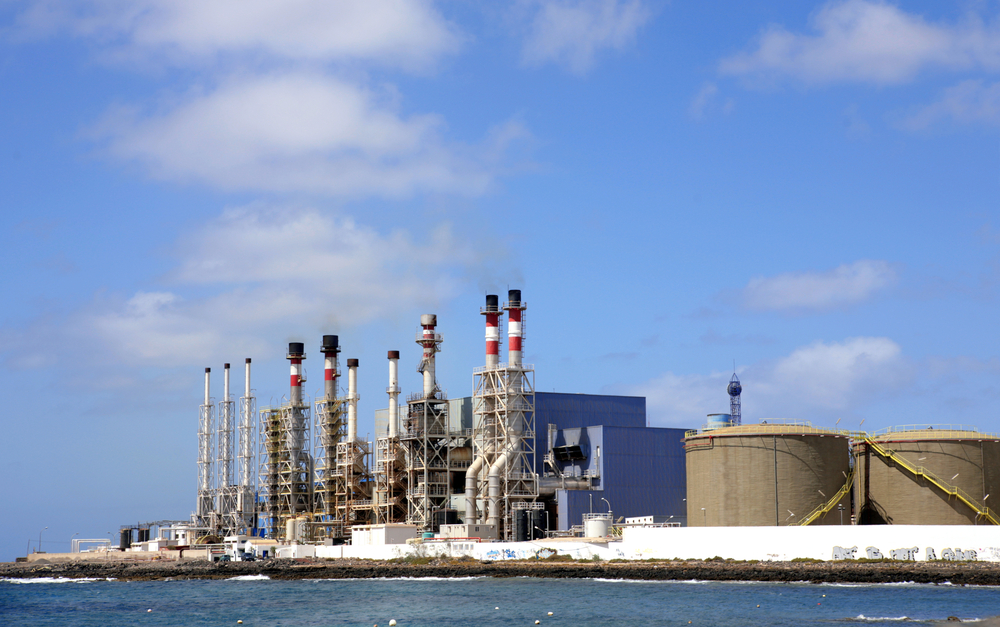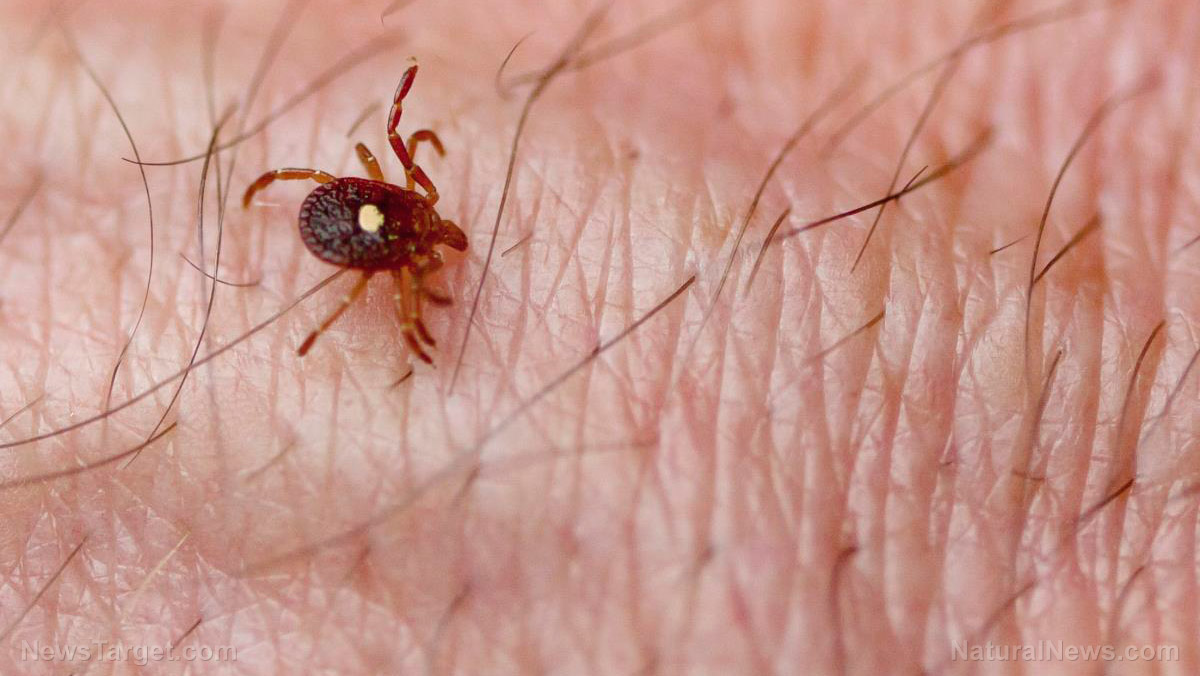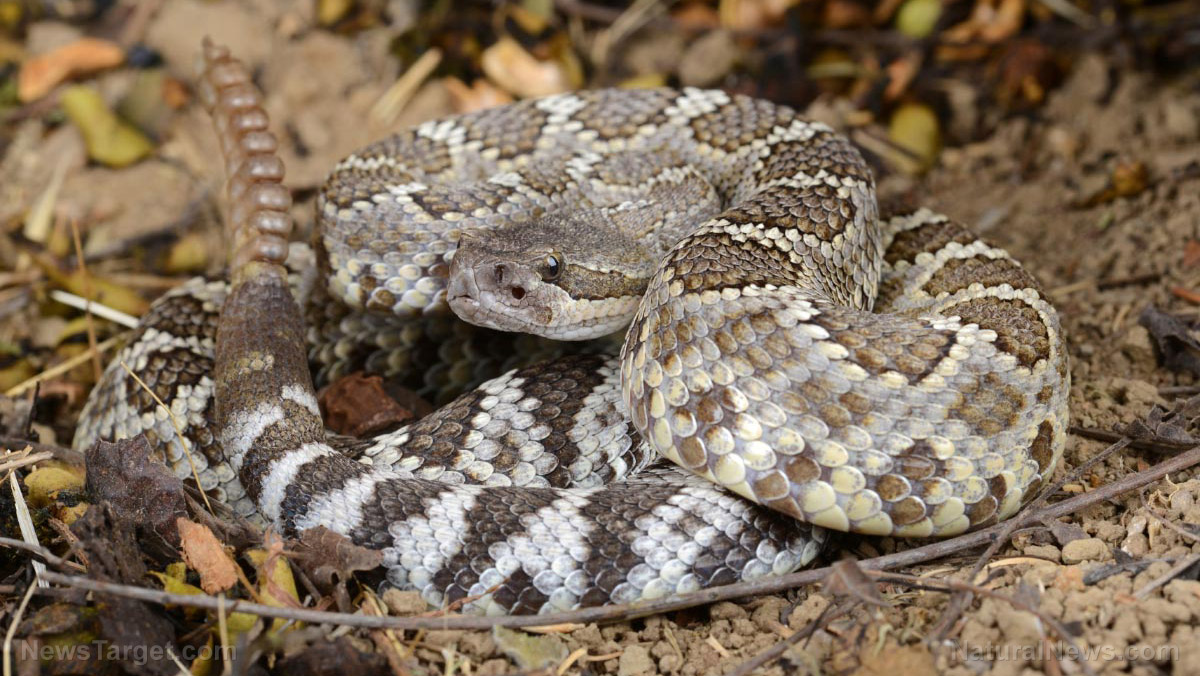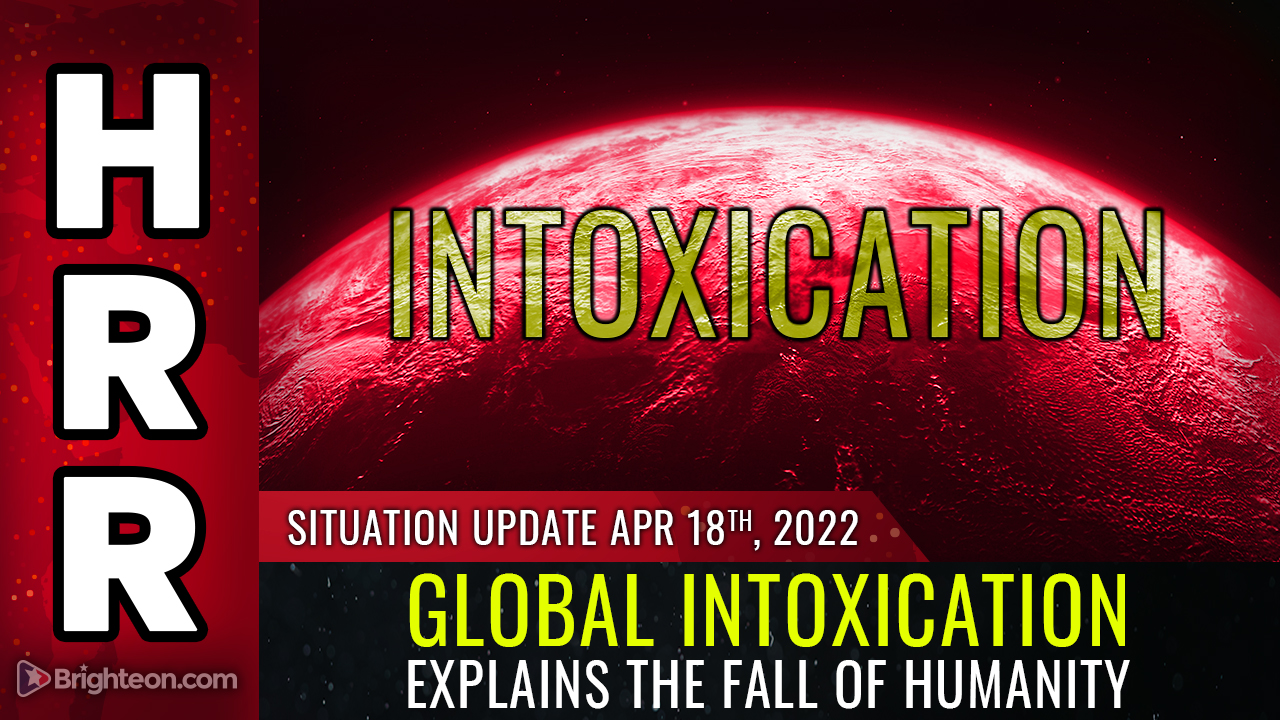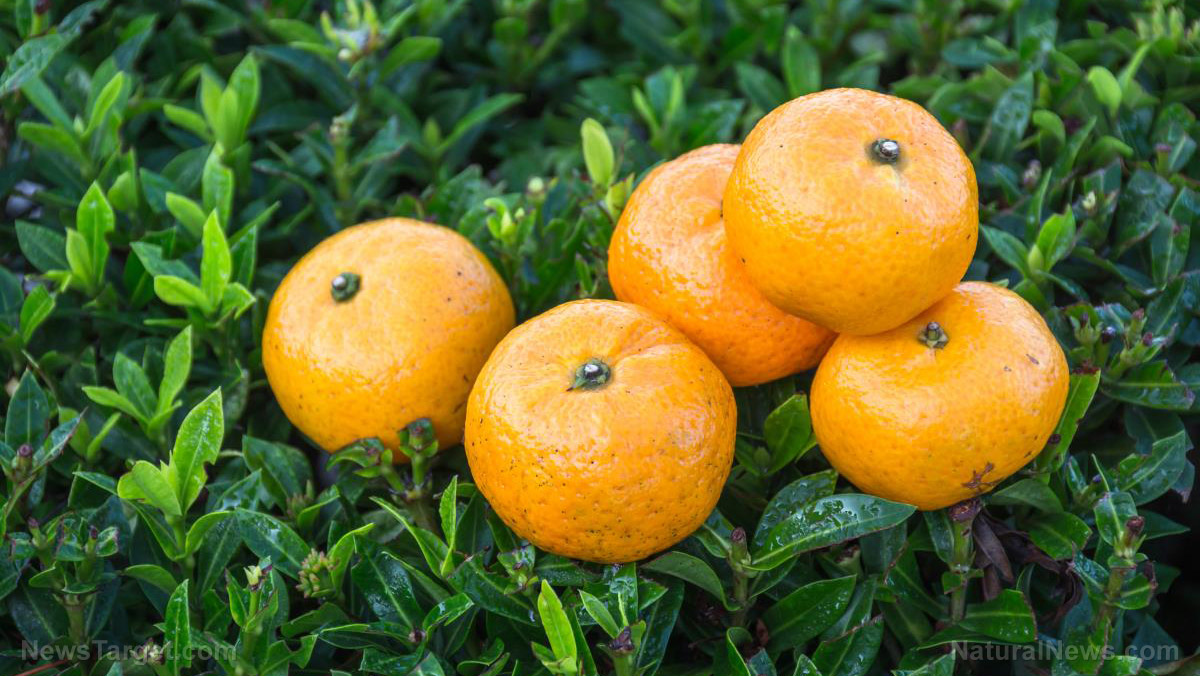Single-use plastics from Asian ships have been piling up on a remote South Atlantic beach since the ’80s, warn scientists
02/05/2021 / By Divina Ramirez

An uninhabited island in the South Atlantic Ocean is surprisingly covered in plastic bottles. Scientists are inclined to believe it means ships are dumping plastic litter far from its origin.
Researchers from South Africa and Canada monitored volumes of plastic litter that have drifted to Inaccessible Island. This remote island sits in the middle of the South Atlantic Ocean and is no stranger to plastic litter, having been surveyed previously for plastic pollution in the 1980s.
But this time around, the researchers found that single-use plastic bottles were the most common form of debris to wash up along the island’s shores over the last three decades, indicating a fast growth rate compared to other forms of debris. Some 75 percent of the plastic bottles are from Asia, with most made in China.
Initial inspection of the bottles also showed labels indicating recent manufacture dates. Most of the bottles had also been crushed with their caps screwed on tight. This is a space-saving practice often observed onboard ships. “It’s inescapable that it’s from ships, and it’s not coming from land,” said lead author Peter Ryan, director of the Percy Fitzpatrick Institute of African Ornithology at the University of Cape Town.
Their full findings appeared online in Proceedings of the National Academy of Sciences.
Merchant ships could be dumping bottles in the ocean
For their research, the team made three visits to Inaccessible Island – one in 1984, one in 2009 and again in 2018 – to assess plastic debris accumulating there. The island is in the middle of the South Atlantic Gyre, a large system of circulating ocean currents. Like other oceanic gyres, it collects vast amounts of floating debris that merge to create large “garbage patches.”

During the first trip, the team deduced that two-thirds of the plastic bottles came from South America, some 2,000 miles to the west, based on their labels. The oldest piece of debris was a canister manufactured in 1971. But when the team visited again in 2009, the tide had shifted. Upon inspection of more than 3,500 pieces of washed-up jetsam, it appeared that Asia overtook South America as the top source of plastic litter. In 2018, 75 percent of the plastic bottles that have drifted to the island came from Asia, with 83 percent made in China. Moreover, 90 percent of the bottles that traveled from Asia were produced within the last two years.
This finding is relevant because it rules out the possibility that the bottles traveled from land via strong ocean currents. This process typically takes about three to five years. Interestingly enough, the number of Asian fishing vessels has remained stable since the early 1990s. However, the number of Chinese cargo vessels in the Atlantic Ocean has increased. Taken together, these findings provide strong evidence that the plastic debris is not coming from land but merchant ships tossing them overboard in the middle of the ocean.
“A certain sector of the merchant fleet seems to be doing that, and it seems to be largely an Asian one,” said Ryan.
This form of plastic disposal also violates regulations set by the International Convention for the Prevention of Pollution from Ships (MARPOL). In 1989, MARPOL banned the dumping of plastic litter into the sea.
Given these findings, the researchers concluded that urgent action is needed to curb illegal dumping by all marine vessels. These findings also undermine the assumption that most of the plastic litter floating in the ocean came from land-based sources. (Related: Plastic BAN List highlights the 9 top sources of plastic pollution.)
Read more articles about the environmental impact of marine plastic pollution at Environ.news.
Sources include:
Submit a correction >>
Tagged Under:
This article may contain statements that reflect the opinion of the author

